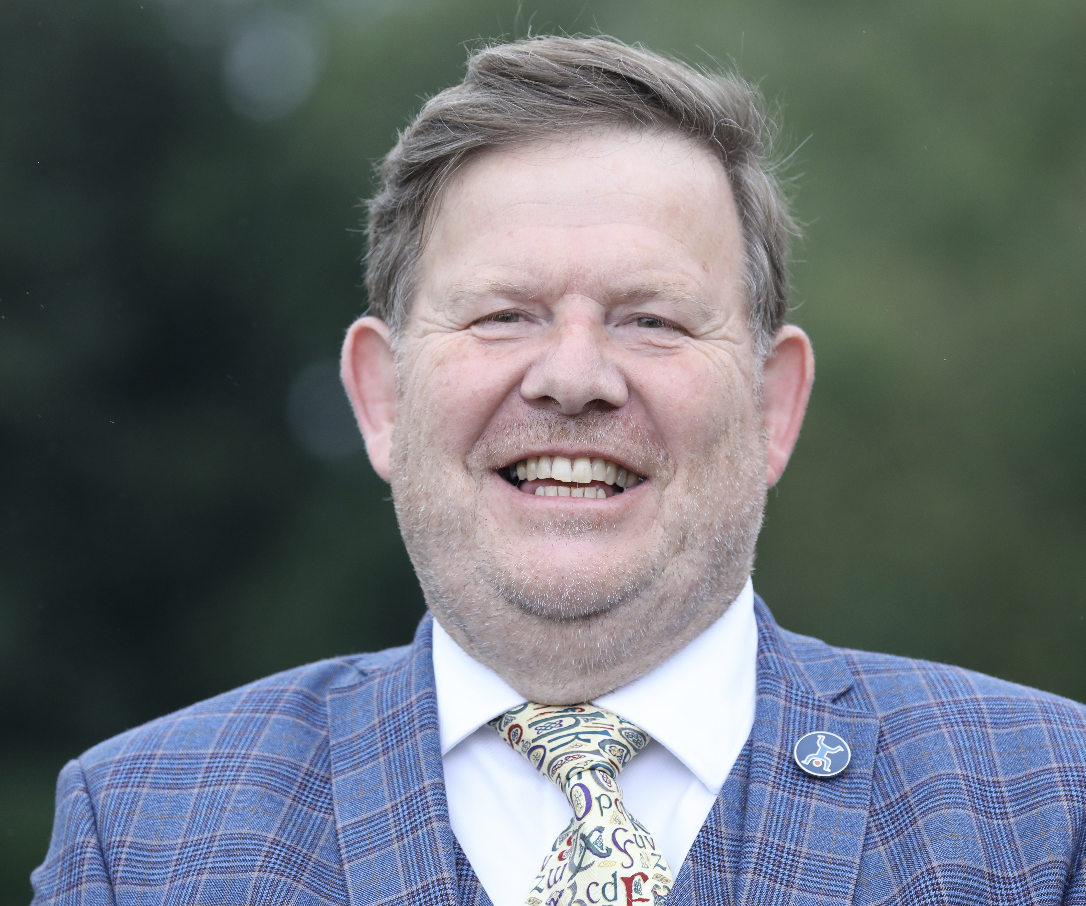Six Quick Things on Transition
Transition goes right to the heart of our education system. Dave Harris shares his Six Quick Things on a topic close to his heart.
Transitions are as much part of our life as they are part of the school system.
And, in both cases, the smoother we make them the better for everyone.
As an experienced school leader whose CV has included bringing together an infant, junior and secondary school in a former mining village to create a single all-through school, I know how hard it can be to get transition right.
And how amazing it is when it does all come together.
So, drawing on my experience leading schools in the UK and working with many more, all around the world, here are my Six Quick Things to think about when it comes to successfully helping young people navigate that big change in their educational careers.
1. Don't confuse Transition with Induction
Transition is not when you take a group of pupils to their new school just a few weeks before they are destined to move and paint a rosy (and possibly inaccurate) picture of how exciting learning is going to be.
That's induction.
Of course, pupils need to be given time to understand the differences about their new school, but that is what the process of induction is for.
Transition is a much longer and, done well, a much more effective process.
2. Transition should be a process that looks at the whole of an individual's learning.
Where does that student come from? Where do they want to go? What might be helping or hindering them getting from A to B?
Transition should be the process of smoothing out the bumps.
The term 'life-long learning' maybe be seen as old hat in these giddy AI days but isn't it the perfect term to describe transition?
3. Do not make the job of 'Transition coordinator' an ‘add on’ role for a junior member of staff.
Done properly, Transition should be the responsibility of the whole of the leadership group.
If you do need a single person to take on such a role, make sure they are experienced and understand the importance of the task.
Transition should be seen as one of – if not the main – school drivers.
4. Never put staff from different phases in a room together and have that conversation.
You know the one.
'You have this child as a primary 5 but, really, for us, that's a secondary 3. Especially if he's anything like his sister...'
In my experience, doing this is the quickest way to build mistrust and misunderstanding between the phases.
Instead, talk about passions not grading.
You could give them a task which will help them enthuse about pupil learning.
For example, ask them to develop a community event across all the ages.
5. Create opportunities for students of different phases to come together to learn.
Given the space, I've seen children of different ages being more successful educators than the adults.
In my experience, the older students gain as much from such a relationship as the younger ones.
Often more.
6. Do not become fixated on literacy as a tool of Transition.
Although vitally important in all our lives, literacy too often becomes a stick with which Transition is either driven or measured.
Or both.
A much more enjoyable and effective Transition focus, for example, is curiosity & wonder.
Encourage meetings between staff from across the age ranges to develop a 'curriculum of curiosity'.
Hold events where curiosity and wonder is encouraged across ages, (including with the adults).
Developing a curious community will deliver an exceptional transition experience anywhere.
 For more ideas on Transition check out my books, Are You Dropping the Baton and Independent Thinking on Transition for the Independent Thinking Press.
For more ideas on Transition check out my books, Are You Dropping the Baton and Independent Thinking on Transition for the Independent Thinking Press.
If you use the code 'ITL20' at checkout you'll get 20% discount and free UK p+p.
And if you fancy a free, no-obligation chat about your Transition plans, please drop me a line by clicking here or give me a call on +44 (0)1267 211432.

Dave Harris
Enjoy a free no-obligation chat.
Haggle a bit. Make a booking.
Call us on +44 (0)1267 211432 or drop us a line at learn@independentthinking.co.uk.

About the author
Dave Harris
Dave Harris is an experienced school leader with a unique international grasp of what makes schools tick. He is the author of Brave Heads, Independent Thinking on Transition and the Leadership Dialogues series with the late Professor John West Burnham.